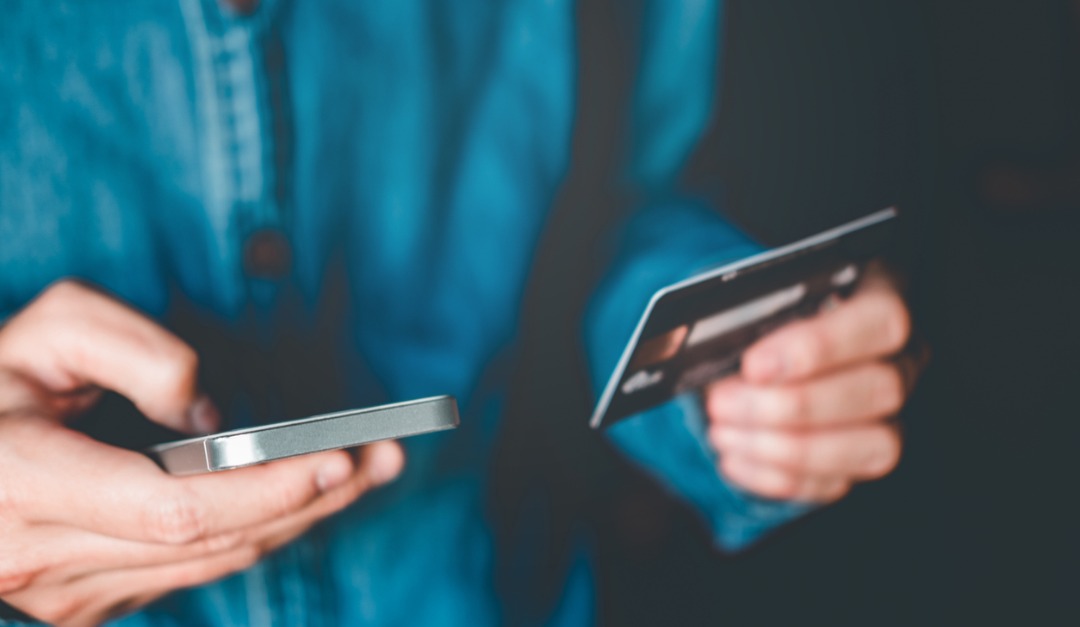
4 Types of Phone Apps That Encourage Impulsive Spending
The average American spends close to $2,400 per year on unnecessary purchases, and most people regret them after the fact. Clothes are typically the top impulse buy, followed by food and drinks, laptop computers and other big-ticket tech items, shoes and small-ticket tech like chargers or headphones.
On average, a person spends $202 per month on unnecessary purchases, which could easily be cut in half if they stopped making non-essential purchases. .
To drop unnecessary spending, deleting some apps from your phone—or never downloading them in the first place—is a good step to take. If you want to keep apps on your phone that prompt extra spending, then limit your interaction with them. Here are some types of apps to avoid:
Subscriptions
Automatic subscriptions that renew often leave consumers paying for things they no longer use because it takes time and effort to cancel them. Avoid these services and apps if you can, and if you do use them, set up a reminder alert before they end so you can determine if you’ll keep them going or cancel.
Shopping Apps
From specific stores to general apps that alert you to sales, it’s best to delete those entirely and shop when you need something. At the very least, turn off the app’s alerts such as push notifications.
Reward Apps
Rewards programs are everywhere. Buy a drink, earn a reward point. Buy a donut, sandwich or cart full of groceries, and you can earn points that will get you some type of reward.
These are fine if you’re going to buy those things anyway, but if earning stars at Starbucks is encouraging you to buy more drinks or snacks, then it’s time to delete the app from your phone.
Social Media Apps
Social media feeds can be full of ads or products from retailers that you like. If your friends like a product online, chances are you’ll see an advertisement for it in your social media feed. It can be tempting to buy it on an impulse.
Removing Facebook or Instagram from your phone may be difficult, but you can instead be conscious that marketing is constantly targeted toward you and be ready to stop yourself from making a purchase.
Whatever apps you have on your phone, simply being aware that they can cause an impulse buy can be enough of a roadblock to get you to pause before hitting the “purchase” button. If not, delete the app.


